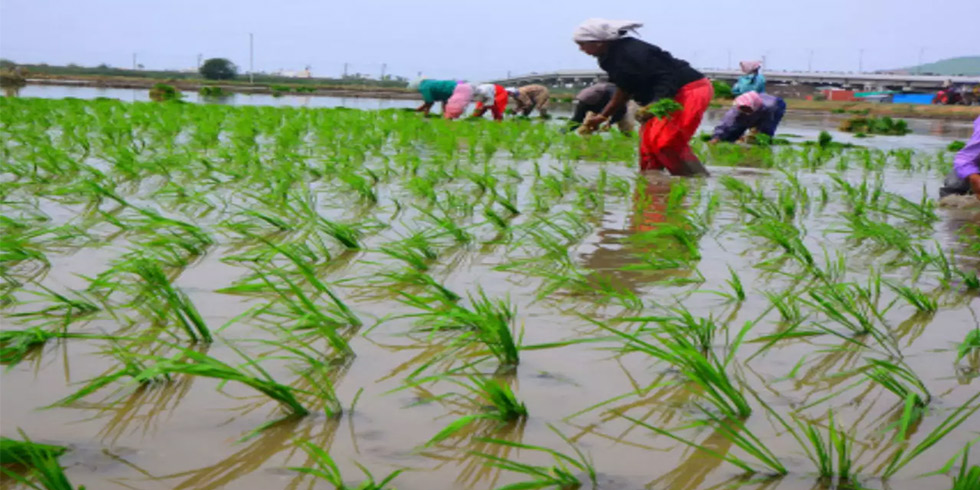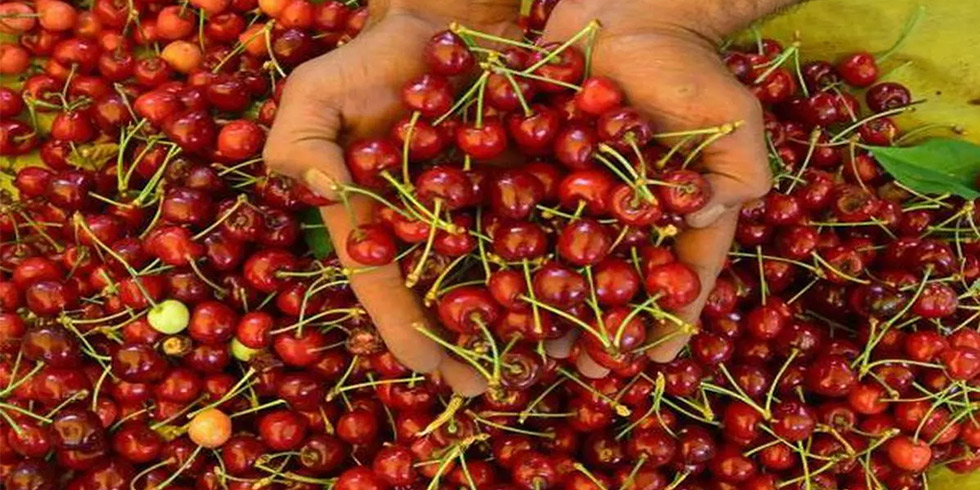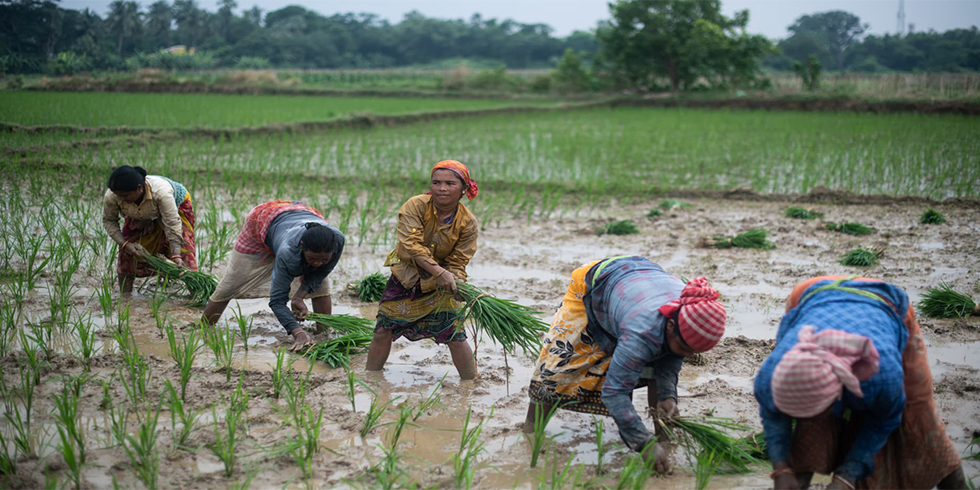Increasing acceptability for Indian basmati rice in the international markets has resulted in a 10 per cent rise in exports of the commodity (in volume terms) in 2012-13; realisations increased 30 per cent.
Exporters are confident of a stellar show this financial year, too. The exporters' lobby is confident of selling higher volumes this year, owing to the new high-yield variety, Pusa 1509. Vijay Setia, a leading exporter from Haryana, said in 2012-13, supplies fell short of demand. The Pusa 1509 variety was likely to help basmati exporters meet the increasing export demand in the coming years, he added.
The Pusa 1509 variety, developed by Punjab Agricultureal University, Ludhiana, is a short-duration crop. Its seeds cost Rs 100 a kg, compared with Rs 50 a kg for the Pusa 1121 variety; its projected yield is six tonnes a hectare, against Pusa 1121's four tonnes. Besides better acreage, the new variety would help save irrigation costs, as a short-duration crop exerts less pressure on water and soil health.
Since 2009 (when the Pusa 1121 variety was given the status of basmati by the agriculture ministry), basmati exports have seen a substantial rise. In 2011-12, non-basmati exports stood at 5.8 million tonnes (mt), compared with basmati exports of 3.2 mt.
On the rise in basmati exports, Mahender Pal, president of the All India Rice Exporters Association, said, "A 10 per cent increase in exports (in 2013-14) is quite realistic."
Setia said the coming year would see good growth, as payment issues with Iran had been resolved (Iran imports substantial quantities of basmati rice from India).
Ashwani Arora, joint managing director of L T Foods, said West Asian countries were major growth drivers for the Indian basmati industry. He added basmati exports by his company would rise 15-20 per cent. Though L T Foods also exports non-basmati rice, this is primarily marketed in African countries.
P P S Pangli, president of the PAU Kisan Club, is optimistic about the new variety and its export potential. "In the domestic market, a farmer gets about Rs 3,300 a quintal for Pusa 1121 basmati; this may be temporary. We want consistency in prices. Remuneration of Rs 2,500 a quintal is also lucrative. If the price registers a slightly downward trend due to higher acreage, it would not hurt farmers, as they would get better realisations by selling higher volumes. The new, improved variety would help farmers get higher yields."
Basmati exports up 10% in FY13








Add Comment